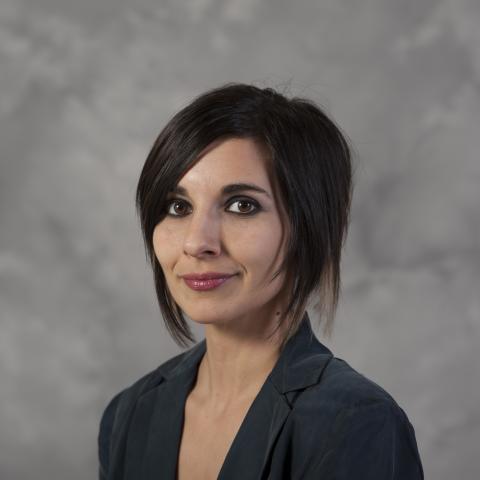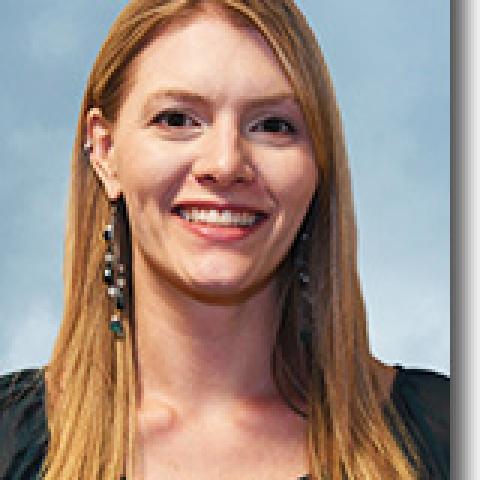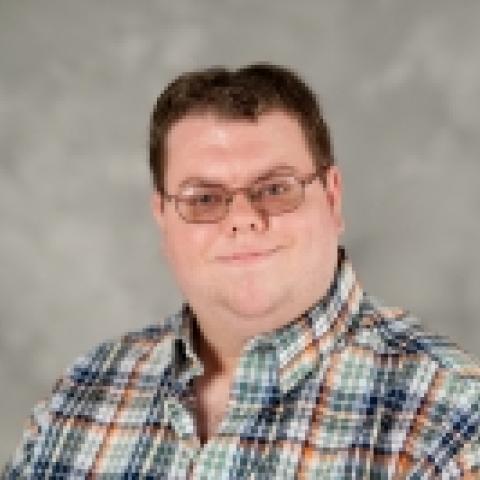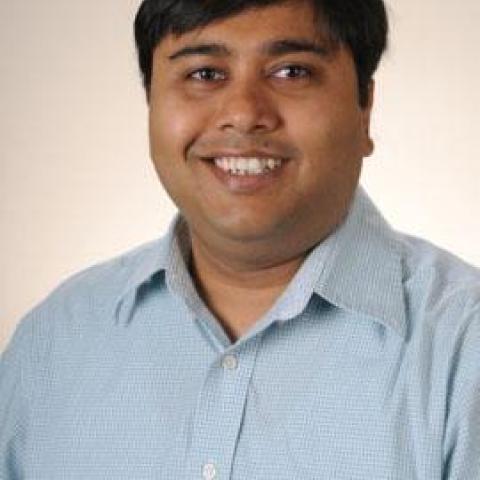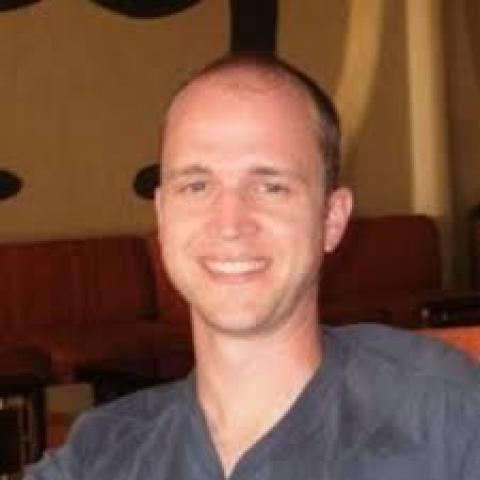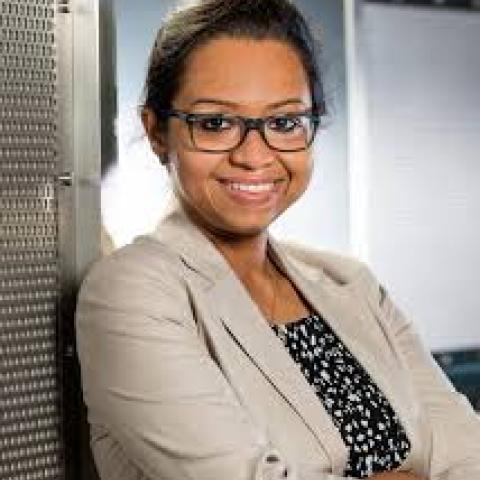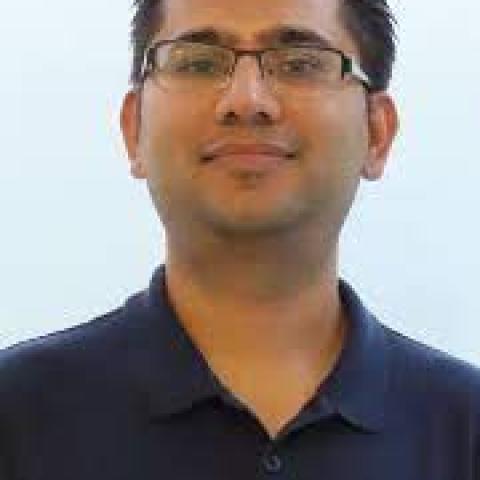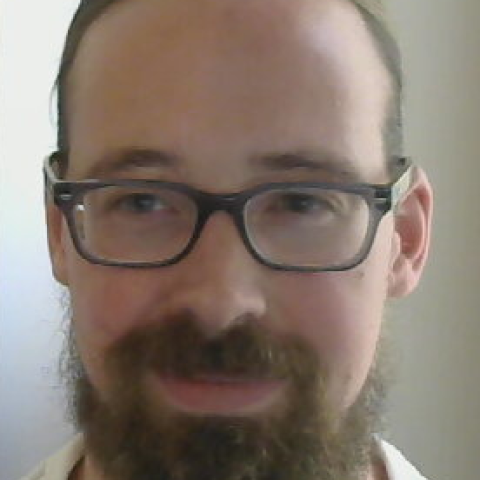Aaron Drysdale

Aaron Drysdale, a Master of Computer Science graduate from Georgia Tech, is the Chief Technologist at the Cloud Hub. He manages the proposal process for research grants, organizes industry training sessions, and provides direct technical support to research teams utilizing cloud resources. Aaron's role also involves collaborating with Microsoft’s technical teams to resolve complex issues, ensuring seamless and efficient research progress. His expertise and proactive approach are vital to the success of the Cloud Hub's mission to advance innovative research.
